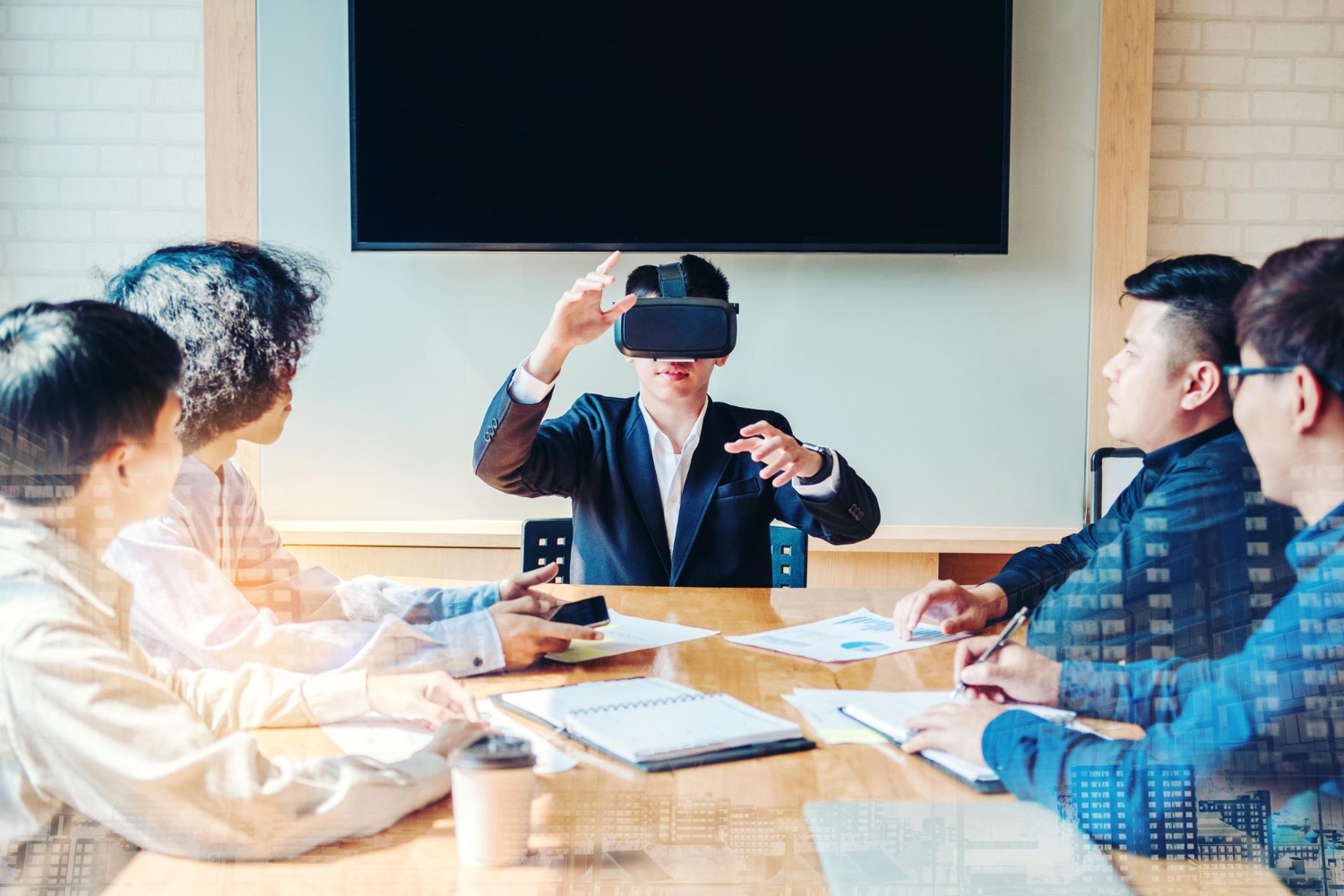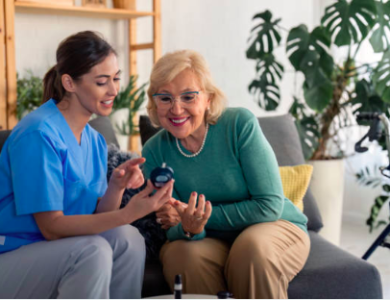The Benefits of VR Training for Medical and Healthcare Professionals

Virtual Reality (VR) is transforming medical training by providing immersive, interactive experiences that significantly enhance learning and skill acquisition. This innovative approach is helping healthcare professionals develop practical skills, improve patient outcomes, and reduce training costs.
Enhancing Practical Skills and Confidence
One of the primary benefits of VR in medical training is its ability to simulate complex medical procedures and scenarios without any risk to patients. This allows healthcare professionals to practice and refine their skills in a controlled environment. For instance, VR enables repeated practice of surgeries, improving proficiency and confidence in performing actual procedures. Research has shown that VR training can lead to a 40% reduction in medical error rates, underscoring its effectiveness in enhancing practical skills and ensuring patient safety.
The Cost-Effectiveness of VR Training Solutions
Implementing VR training can be a cost-effective alternative to traditional methods. It reduces the need for expensive physical equipment, live training sessions, and other resources. Over time, this can lead to significant savings for medical institutions. The scalability of VR training also means that it can be used for multiple years across numerous participants, further maximizing its cost efficiency. For example, a study presented in Omnia Health Insights highlighted that virtual simulations for medical procedures can dramatically cut costs associated with cadaver labs and physical models. On the whole, the economy of VR training makes it very appealing after the somewhat higher initial outlay.
Improving Engagement and Knowledge Retention
VR training offers a highly interactive and engaging learning experience. Medical professionals can manipulate virtual objects and actively participate in simulations, which enhances knowledge retention. The immersive nature of VR makes it easier for trainees to retain and recall information, compared to traditional learning methods. For example, VR simulations can replicate emergency scenarios, allowing trainees to practice decision-making and critical thinking in high-pressure situations A survey reported that 81% of surgical residents found VR training beneficial to their skills development, indicating high engagement and effectiveness.
Collaborative Learning and Teamwork
VR training fosters collaborative learning by enabling healthcare professionals to work together in virtual environments. This is particularly beneficial in multidisciplinary settings where communication and coordinated decision-making are crucial. For instance, VR can simulate emergency room scenarios where doctors, nurses, and other staff must collaborate to provide patient care, thus enhancing teamwork and collaborative skills. The ability to conduct joint simulations helps break down silos within healthcare teams and promotes better integrated care delivery.
Applications Across Medical Fields
The versatility of VR training extends across various medical fields. In surgical training, VR allows orthopedic students to practice procedures like knee or shoulder replacements multiple times, honing their skills without the limitations of cadaver labs. In nursing education, VR can simulate patient interactions, helping nurses develop empathy and communication skills crucial for patient care. VR is also being used to train professionals in managing chronic conditions, performing complex diagnostics, and even in mental health to treat conditions such as PTSD and anxiety disorders through controlled exposure therapy.
Addressing Limitations and Future Potential
Despite its many benefits, VR training does come with challenges, such as the need for specific hardware and potential motion sickness for some users. However, advancements in technology are making VR more accessible and user-friendly. As VR continues to evolve, its applications in medical training are expected to expand, incorporating artificial intelligence for personalized learning experiences and broader use in patient care and education.
When we talk about the exciting advancements in VR training, it’s clear that some companies are leading the charge with customized solutions. These innovative approaches are making VR a key part of training programs, significantly enhancing how healthcare professionals learn. For a deeper dive into how VR can benefit training, you might want to check out the resources available on PMC-VR’s VR training website.
VR training is revolutionizing medical education by providing a safe, effective, and engaging learning environment. Its ability to enhance practical skills, improve knowledge retention, and foster collaboration makes it an invaluable tool for healthcare professionals, ultimately leading to better patient outcomes and more efficient training processes. As technology continues to advance, the potential of VR in medical training will undoubtedly grow, making it a cornerstone of modern medical education.








